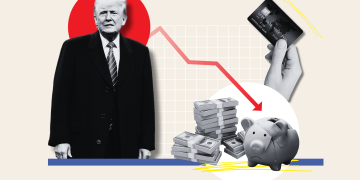There are certain expenses you generally can’t charge on a credit card, like your rent or mortgage payment. And there are also expenses you can charge on a credit card, but shouldn’t – for example, school tuition, where you’ll generally be hit with a surcharge for going that route. But otherwise, it pays to put your other monthly and one-off expenses (like vacations) on your credit cards. Here’s why.
1. You’ll score more cash back
The great thing about credit cards is that they reward you for making purchases. The more items you charge, the more cash back you can accrue. So it’s especially worthwhile to charge expenses that offer this perk. For example, some of the best cash back credit cards give you 2x or 3x reward points for gas fill-ups, restaurant meals, or other specific purchases.



























































